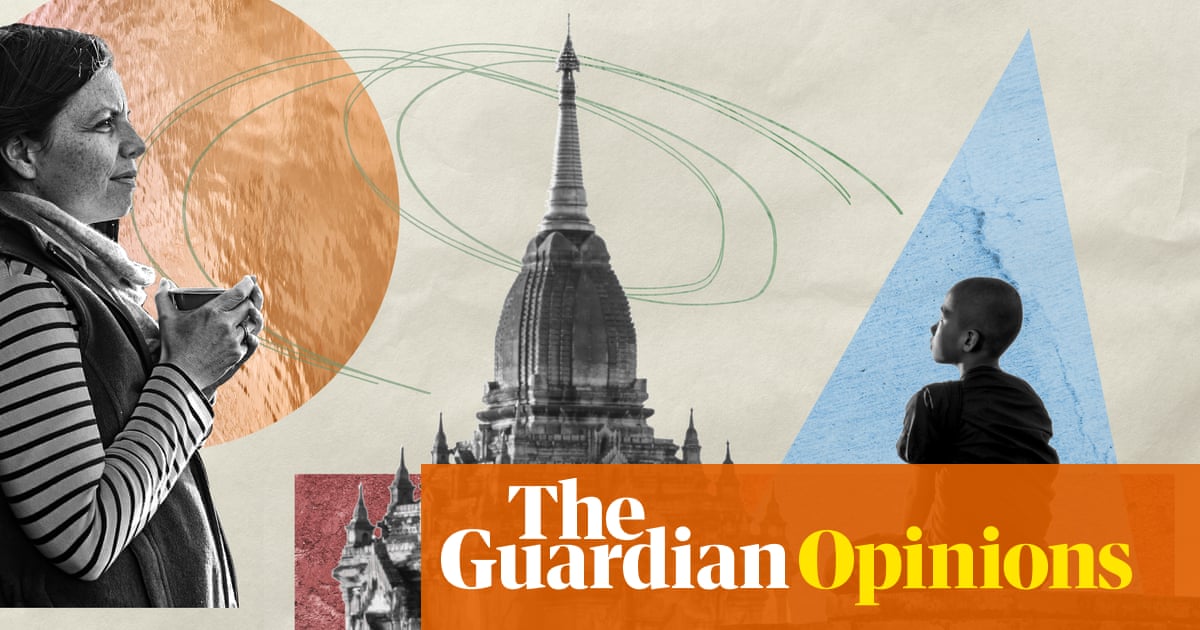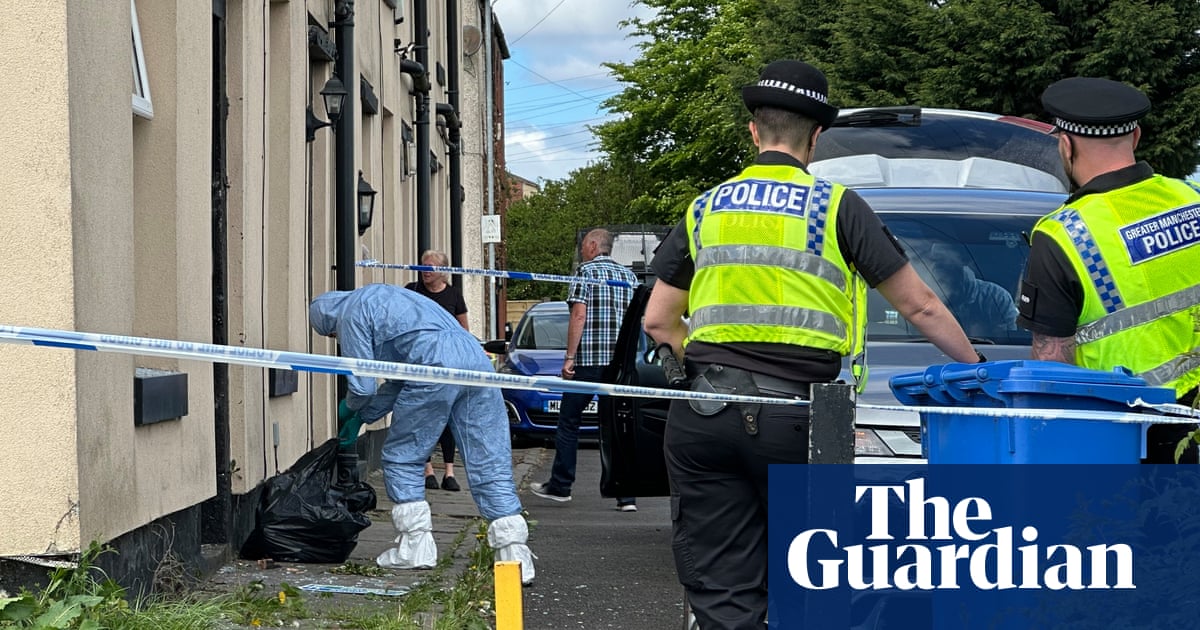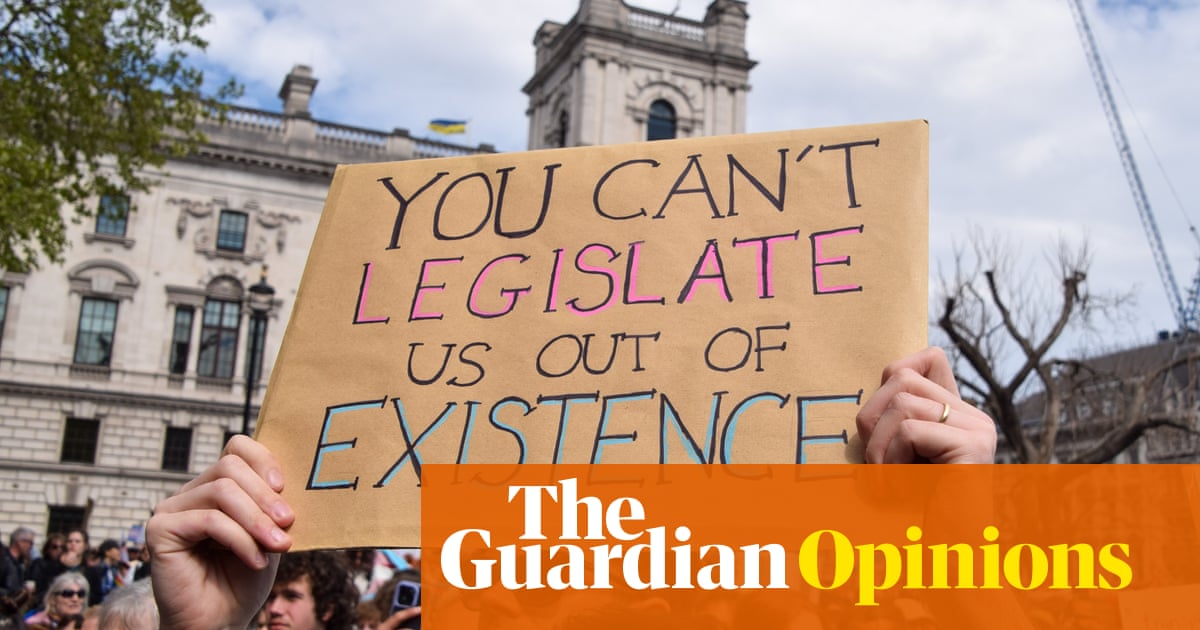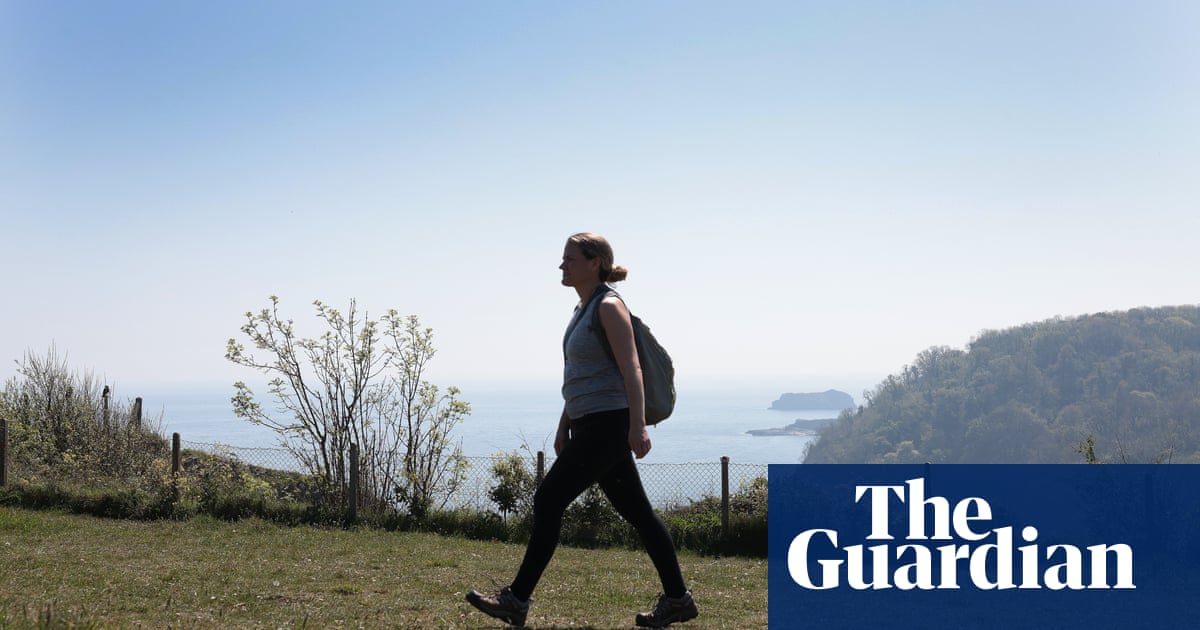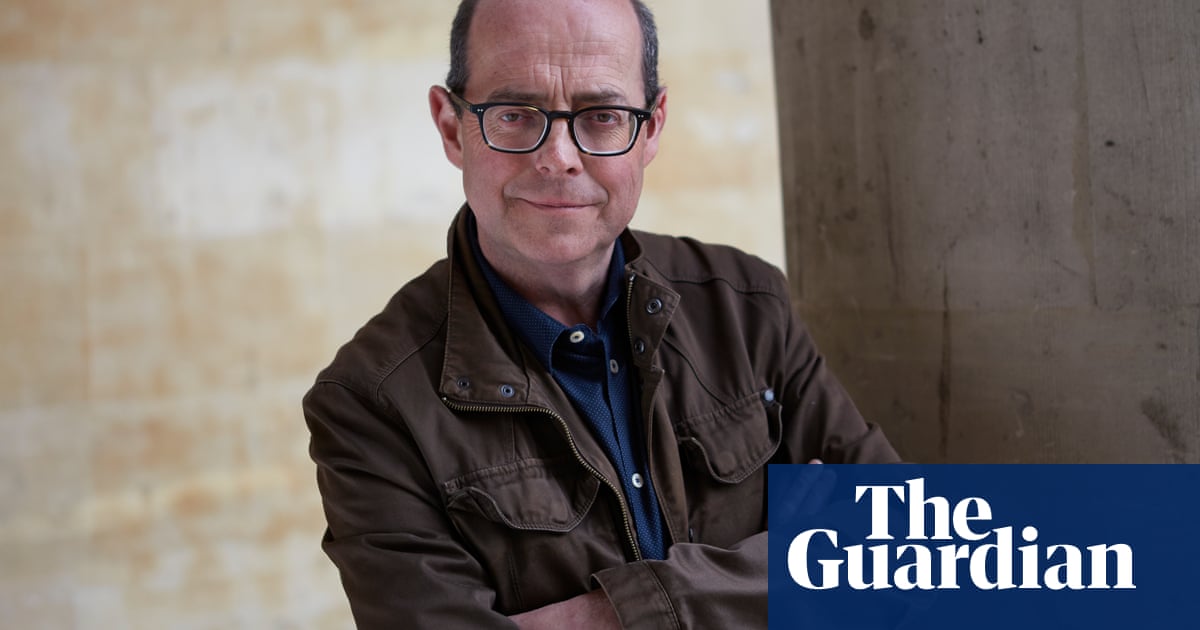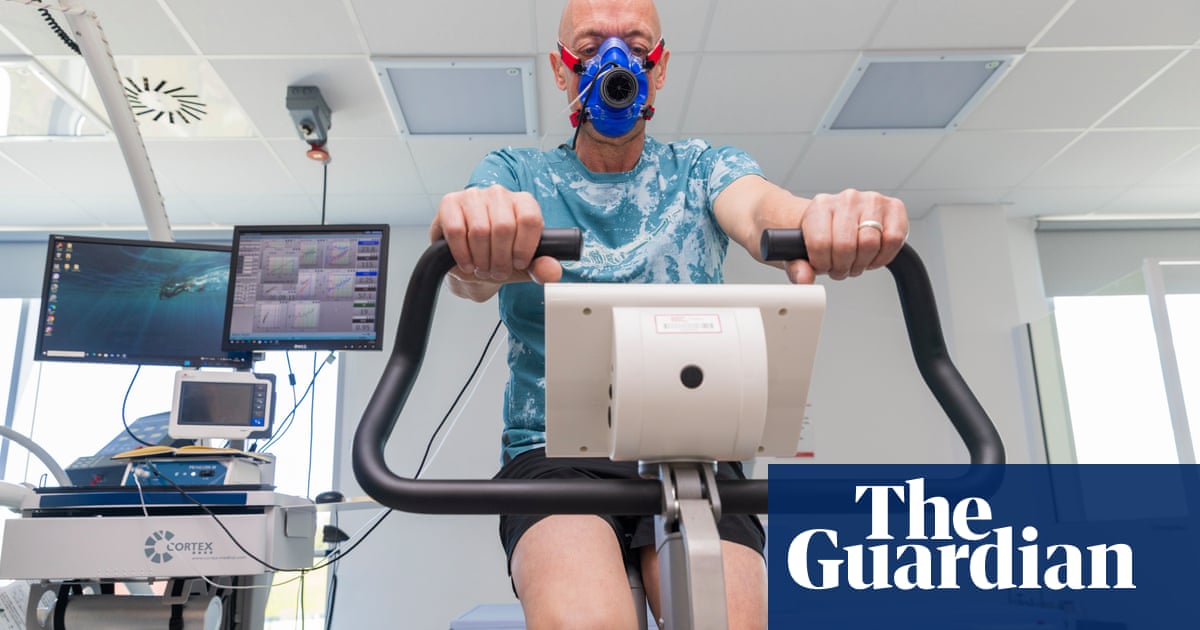The slogan on Niamdh Braid’s powder-blue sweatshirt puts it plainly enough: “I define my own deaf identity.”
“We’re in a world that’s built for hearing people,” says the 16-year-old from Glenrothes in Fife, “and we have to navigate through it to find what works best for us.”
Earlier this year, the teenager won a legal battle with her local council to have a British Sign Language interpreter in lessons, after she realised how much of what was said in class she was missing out on.
Niamdh, who has been deaf since birth, wears hearing aids, but can struggle to follow in noisy environments and her preferred language is BSL.
As a younger child, she didn’t have any deaf people she could look up to on TV or on the news. Now she hopes that through her advocacy “younger deaf kids can look up to me and see that they can achieve anything”.

“A lot of people think that because we can’t hear we can’t achieve high-earning jobs and go into good professions,” says Niamdh, whose favourite subject is modern studies and who hopes to get into teaching then politics when she grows older. “But the only thing we can’t do is hear – there’s nothing actually wrong with us. We can do anything that we put our mind to.”
Yet deaf children are eight times more likely to leave school with no qualifications, according to the National Deaf Children’s Society, which financially supported Niamdh’s legal action.
Niamdh was talking in advance of a report by MSPs that will reveal a significant fall in the number of specialist teachers of deaf people in Scotland. It is prompting the NDCS to warn of a “growing crisis in deaf education” and lack of guidance from local authorities about what kind of support they should be providing deaf children in schools.
At high school, she explains, there was an assumption that she did not need support because she was still achieving decent grades.
But at Niamdh’s tribunal, an independent assessment by a deaf education specialist found she was only accessing 70% of what was being said in class, even when her teacher wore a microphone transmitting to her hearing aids.
Her dad, Steve, chips in: “If she was accessing 100% at the teaching, imagine what she could be achieving. Why should she settle for average just because she’s deaf?”

Constantly struggling to hear came at a heavy price, and Niamdh was increasingly exhausted. “I was always tired, asking to go to my bed at four o’clock before I’d had anything to eat.” At weekend she was too tired to go out with her friends.
After her request for a BSL interpreter was turned down, first by her school and then by Fife council, Niamdh felt she had no choice: “At this point it was getting close to my exams and I’d missed so much class already. I wanted to launch the action under my own name because it was for me, and I can voice my needs without the help of my parents.”
Giving evidence, she explained that “it’s always a hearing person that makes decisions for the deaf person, and it shouldn’t be the case. Because hearing people don’t know what it’s like to go through life in a world that’s not built for them.”
Early last year the tribunal ruled that Niamdh was being placed at “substantial disadvantage”, but the appeals process was only concluded this spring.
“When the last appeal got thrown out, it was the biggest relief I’ve ever felt,” says Niamdh. She went out for a Chinese buffet meal with her parents and younger brother to celebrate.

The teenager, who takes part in taekwondo competitions and is a devoted fan of the hospital drama series Grey’s Anatomy, says she’s very lucky to have a close group of friends she’s known since nursery school. “It’s all they’ve known with their friendship with me: if we’re talking they need to face me, make sure there’s not too much noise in the background.”
She feels strongly that young deaf people should be allowed to make their own choices about what support they access, and that they are not a homogenous group: “Everyone has their own way of communicating. It’s not up to anyone else to decide that.
“It’s the kid’s choice of what they want to be as a deaf person. If they want to go without aids, if they want to have the hearing technology, if they want to be involved in the deaf community, let them decide.”
Fife council’s head of education and children’s services, Angela Logue, said: “We are continuing to work very closely with Niamdh and her family to meet her needs as identified by the outcomes of the tribunal.”

.png) 6 hours ago
3
6 hours ago
3



